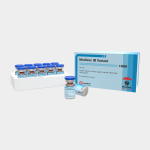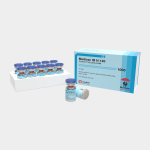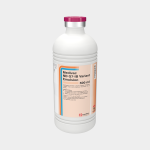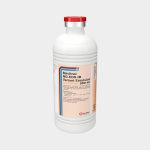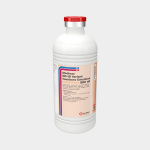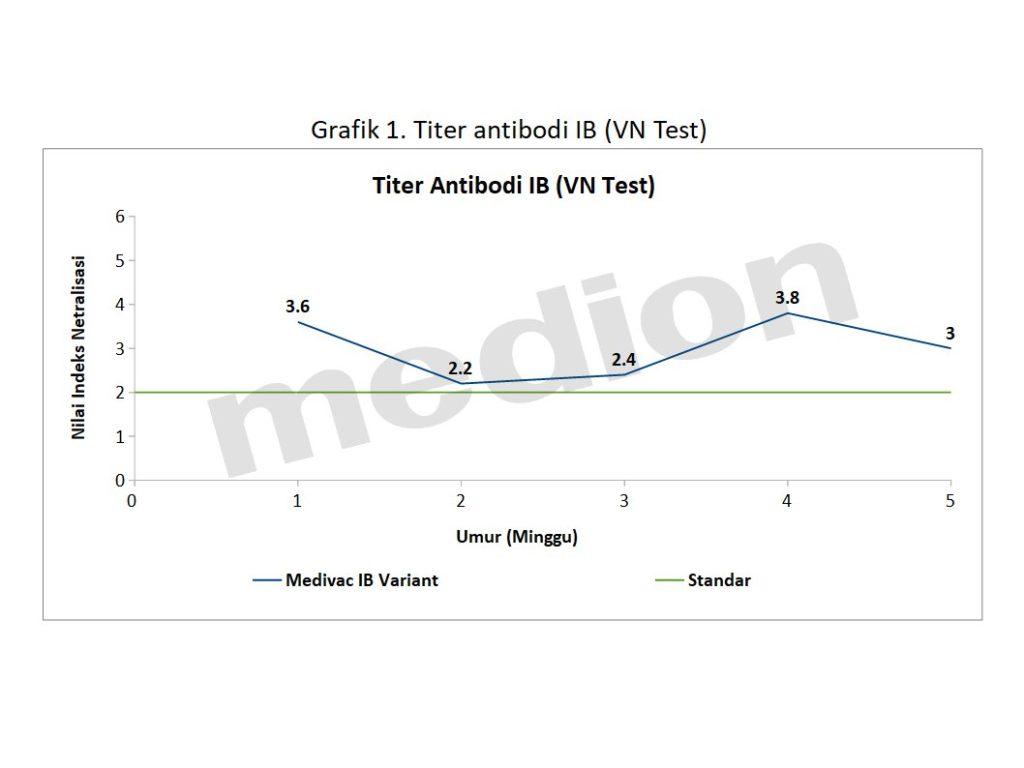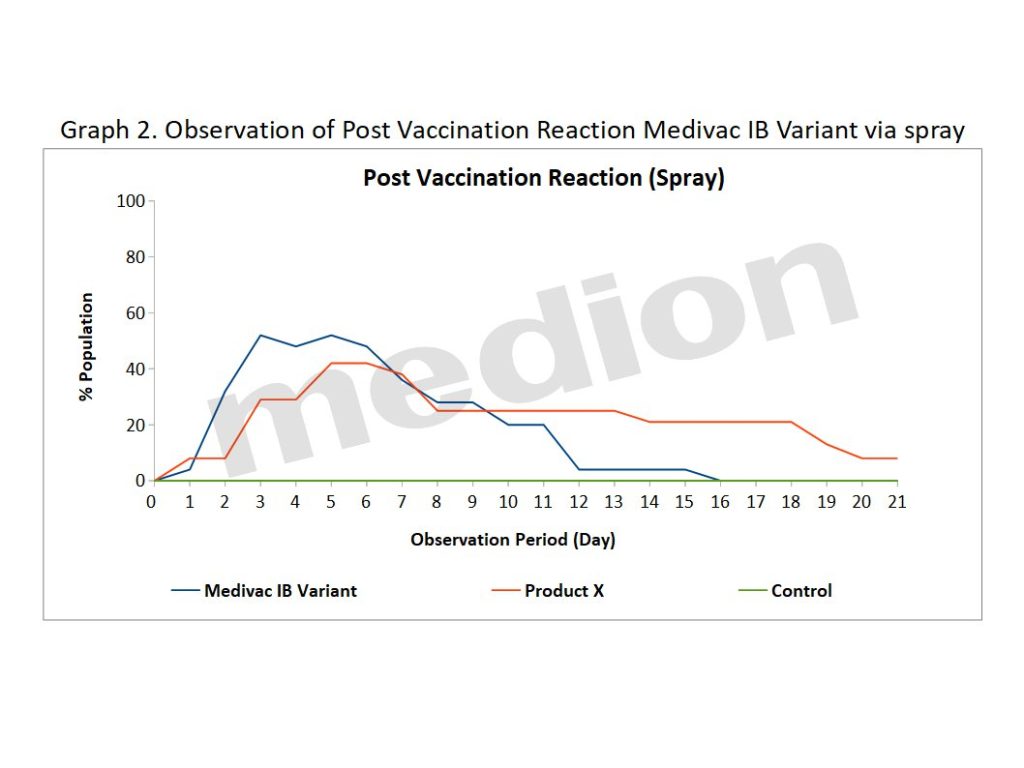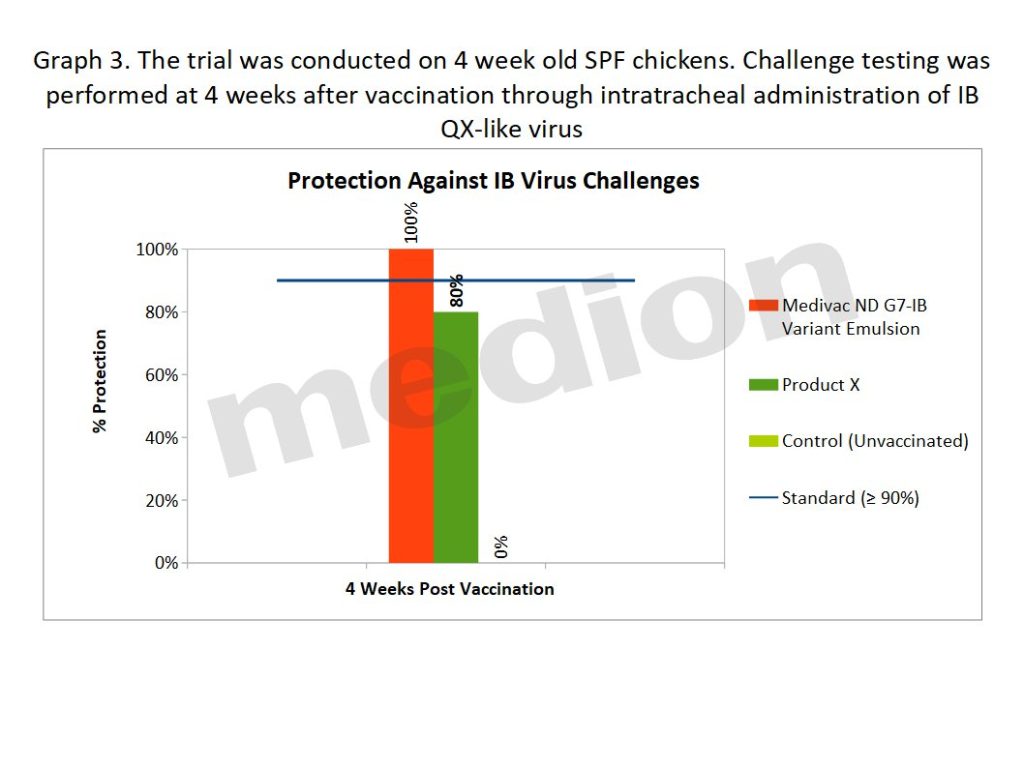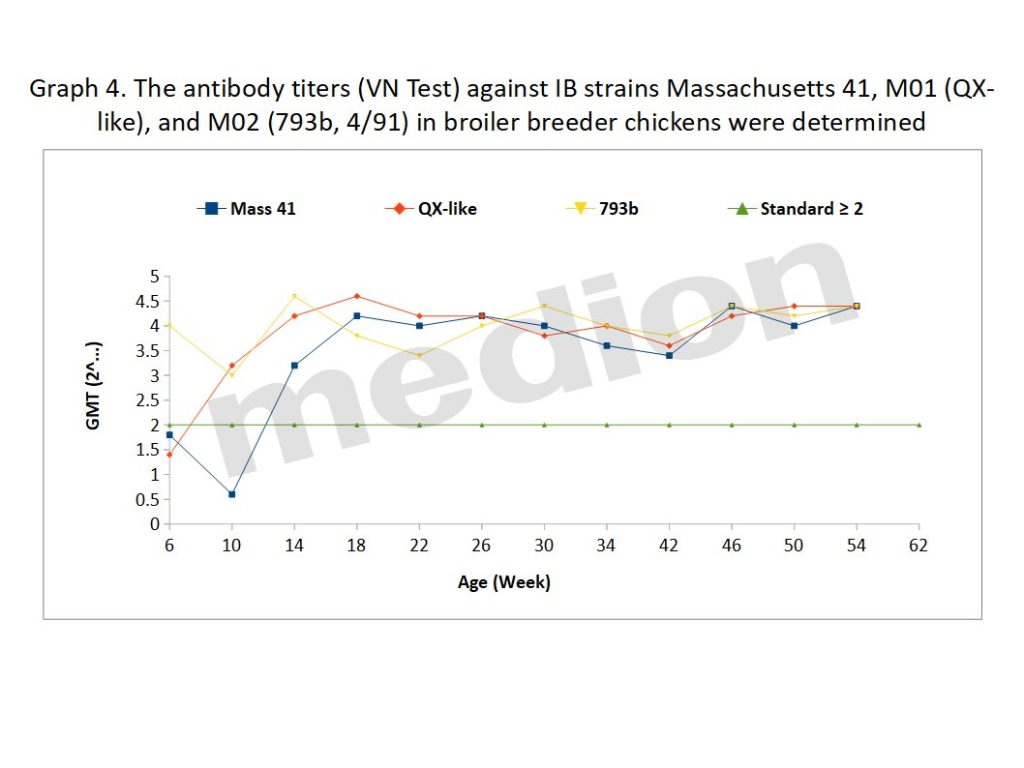The poultry industry is currently confronted with substantial challenges stemming from the escalating incidence of Infectious Bronchitis (IB), attributed to the Infectious Bronchitis Virus (IBV), observed within past five years. Notably, the Infectious Bronchitis Virus (IBV) is classified under the genus γ-Coronavirus, belonging to the family Coronaviridae, and the order Nidovirales. The infection of IBV induces upper respiratory tract disease in chickens (Bhuiyan et al., 2023). Furthermore, it can also affect the urogenital system, leading to a condition referred to as “False Layer Syndrome”. This phenomenon occurs due to IBV infection causing cystic oviducts (fluid accumulation in the reproductive tract), resulting in partial obstruction of the reproductive tract. Consequently, the egg yolk, produced by the ovary, fails to transit through the reproductive tract and instead accumulates within the abdominal cavity. This accumulation provides a conducive environment for bacterial proliferation, resulting in peritoneal inflammation, clinically termed peritonitis (Najimudeen et al., 2020). This condition leads to a decline in egg production up to 70%, egg abnormalities, decreased chicken body weight, and a mortality rate increase of up to 60% (Abozeid, 2023). The economic losses incurred as a result of this disease pose a significant challenge in poultry industries.
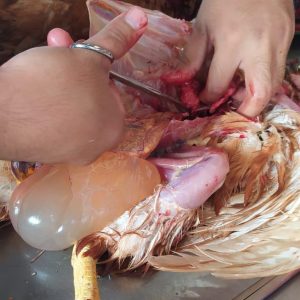
Cystic Oviduct
(Source: Medion)
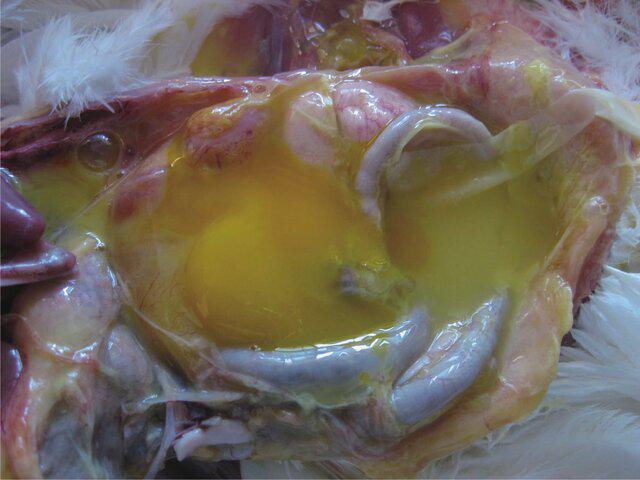
The manifestation of egg yolk within the abdominal cavity, indicative of peritonitis
(Source: Srinivasan et al., 2013)
Since its initial discovery in 1930, IB disease has persisted. This is owing to the IB virus’s lack of a proof-reading mechanism, rendering it prone to mutations. Presently, three types of IB viruses continue to circulate, there are Classical IB (ex: Massachusetts (M41); Connecticut), Variant IB (739b (4/91); A2 (QX-like)), and Nephrotic IB (Gray; Holte; Australian T). Among these, the QX-Like strain predominates as the primary causative agent of IB cases in layers, broilers, and breeders. The most effective means of managing IB disease involves precise vaccination and stringent biosecurity measures. Although the classic Massachusetts strain vaccine is widely used worldwide, it may not provide sufficient protection against strains 4/91 and QX-Like due to low cross-protection (Wibowo et al., 2019).
Medion is committed to aiding farmers in the prevention of infectious bronchitis by providing various vaccines containing Classical and Variant IB strains, available in both live and killed vaccines. Simultaneous vaccination with Classical and Variant IB vaccines offers broad cross-protection against diverse field challenges, including safeguarding against severe clinical symptoms (A.A.M. Eid et al., 2024).
Medivac IB Variant and Medivac ND G7-IB Variant Emulsion Have Been Scientifically Validated to Induce Robust Antibody Titers and Ensure Maximal Protection Against IB QX-like
Medivac IB Variant is a live IB variant vaccine contains M02 strain (793b). Meanwhile, Medivac ND G7-IB Variant Emulsion comprises a combination of the Classical and Variant IB vaccine, contains strain Massachusetts 41 and Variant IB homologous to recent field isolates, specifically M02 (739b) and M01 (QX-like) strains. Trial results demonstrate that vaccination of DOC with Medivac IB Variant using a single dose via eye drop administration consistently produces antibody titers exceeding the established standard (Graphic 1). Additionally, when administered via spray, post-vaccination reactions are notably milder compared to similar products (Graphic 2). Medivac ND G7-IB Variant Emulsion has been shown to provide 100% protection against field challenges posed by IB QX-like virus (Graphic 3). A combination of Medivac IB Variant and Medivac ND G7-IB Variant Emulsion vaccines in broiler breeders consistently produces antibody titer exceeding the protectible threshold and ensures long-lasting immunity (Graphic 4).
In an interview with Trobos magazine, Chrisna Harianto DVM, Animal Health Manager PT. Berau Unggas Sejahtera in East Kalimantan Indonesia, stated “We have been using Medivac ND G7-IB Variant Emulsion since the beginning, as our precautionary principle in disease prevention. The vaccine is homologous to the latest field isolates, consistently delivers effective vaccination outcomes, and produces high-quality Day Old Chicks (DOC). The satisfaction expressed by our farmers with our DOC serves as testament to the efficacy of our vaccination strategy”.
Optimizing poultry health serves as the cornerstone for achieving success in farming endeavors. Implementing preventive strategies such as vaccination with Medivac IB Variant and Medivac ND G7-IB Variant Emulsion stands as a wise course of action. Besides safeguarding chickens from IB disease, the appropriate utilization of vaccines can enhance the overall productivity and profitability of the farm.

